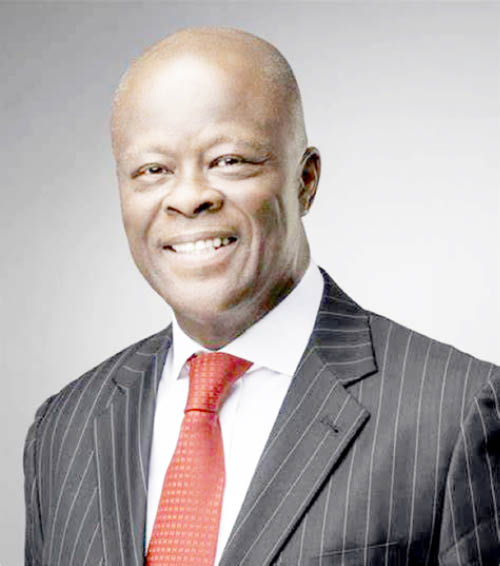The Minister of Finance and Coordinating Minister of the Economy, Wale Edun, has stated that Nigeria’s economy is experiencing an appreciable growth that may see the high inflation in the country come down in a few months.
Speaking recently when he featured as a guest on Channels Television’s Politics Today, the minister stated that the growth is as a result of President Tinubu’s economic policies, which are yielding results.
Verdict: Misleading
Full text
Mr. Edun said that the situation was under control, adding that the reforms and economic policies of President Bola Tinubu were gradually paying off.
He said, “Mr President has achieved relative growth and stability in his first year in office. The necessary fallout of the measures that had to be taken were higher interest rates to fight inflation and attract foreign currencies, which was successful. In terms of inflation, it is coming down. It is expected and projected to come down over the next few months.
“On the other indices, the important thing is that the economy is actually growing. It is very rare to have a situation where authorities, particularly the monetary authority, set their target fighting to bring down inflation and prices generally and at the same time striving to keep the economy growing. We do have that.
- Mixed feelings as new Kano mandatory premarital law comes into force
- Palestine calls for emergency UN Security Council meeting after Israel massacred 210
“Quarter by quarter when compared to the first quarter of last year, the growth is up by virtually three per cent per annum above population growth compared to about the two per cent achieved by this time last year. So, we do have the economy going in the right direction. We just need to stay that course. In staying the course, help and amelioration must be given across the board,” he said
Verification
Checks by Daily Trust show that the current key economic indicators as outlined by the World Bank, which include inflation, Gross Domestic product, stabilised forex market among others does not show that the economy is showing any sign of appreciable growth.
Inflation
The National Bureau of Statistics had reported in its April’s consumer price index that Nigeria’s inflation rate rose to 33.69 per cent in April 2024 up from 31.20 per cent in March.
Breakdown of inflation figures by Daily Trust in the last one year of President Tinubu’s administration show that inflation has risen by over 50 per cent.
In May 2023 when President Tinubu took over, the inflation rate stood at 22.41 per cent.
However, the latest inflation figures as reported by The National Bureau of Statistics (NBS) revealed that Nigeria’s headline inflation rate increased to 33.69 percent in April 2024, up from 33.20 per cent in March 2024.
The latest inflation figure shows a 28 year high under the current administration of President Tinubu.
Also, the NBS reported that food inflation also surged to 40.01 per cent in the month under review.
GDP
The National Bureau of Statistics (NBS) in its latest report said Nigeria’s Gross Domestic Product (GDP) declined by 2.98 per cent in the first quarter (Q1) of 2024.
NBS stated that the nation’s current growth rate at 2.98 per cent, saying the growth rate is higher than the 2.31 per cent recorded in the same quarter in 2023 but lower than the 3.46 per cent recorded in the fourth quarter (Q4) of 2023.
Stable Fx market
The Nigerian foreign exchange market has not been able to stablise since the floating of the naira by the Central Bank of Nigeria. Before the floating in June, the naira was N470 to $1 at official rate and about N600 at the parallel market.
However, the current exchange rate now hovers between N1,500 to N1,650 to $1. Experts had faulted the move by the Central Bank saying that Nigeria being an import dependent economy will find it difficult to cope after currency devaluation.
Conclusion
Checks by Daily Trust show that although the finance minister highlighted policies initiated by the government, which they are hopeful will yield positive results, it is however misleading to conclude that the economy has recorded appreciable growth.

 Join Daily Trust WhatsApp Community For Quick Access To News and Happenings Around You.
Join Daily Trust WhatsApp Community For Quick Access To News and Happenings Around You.



